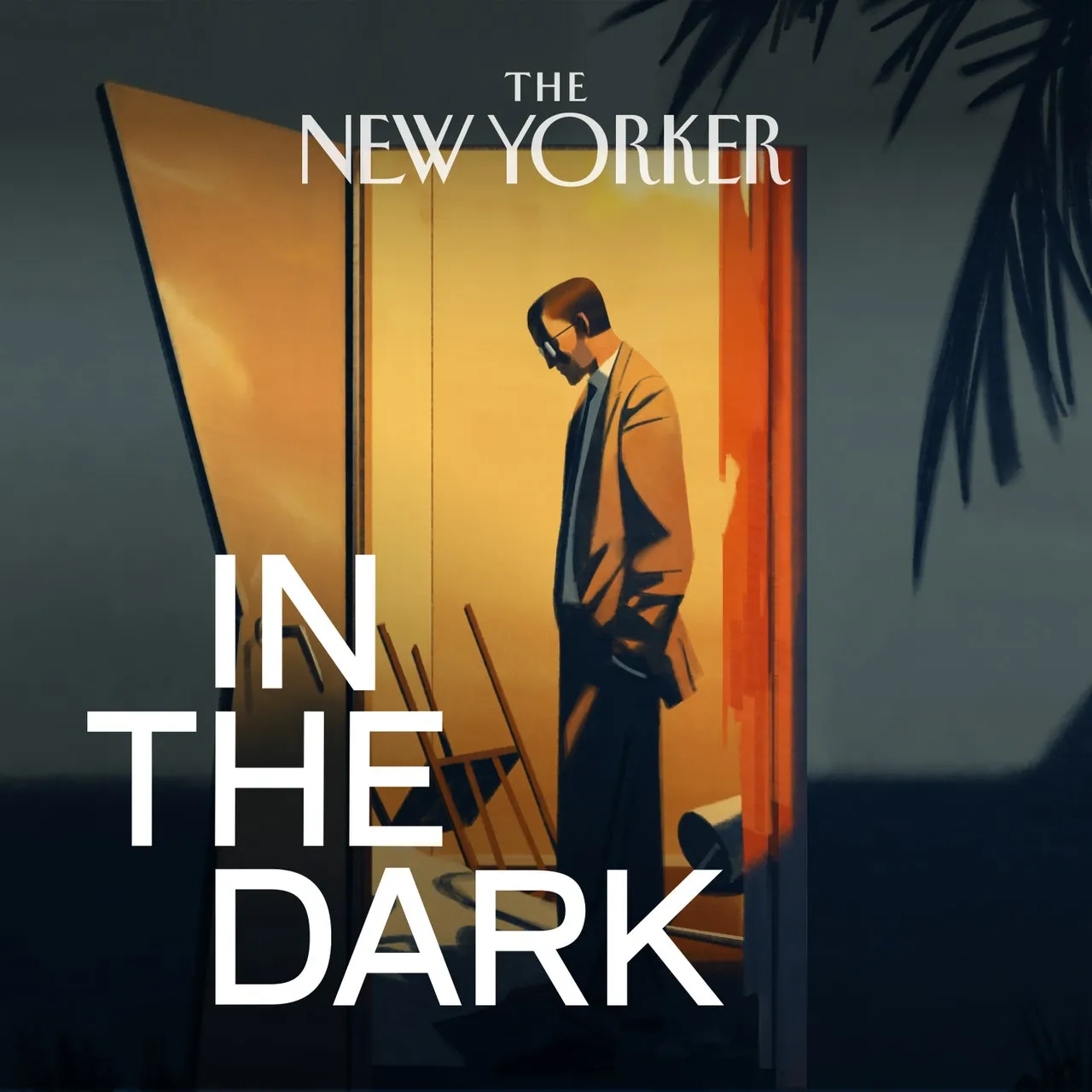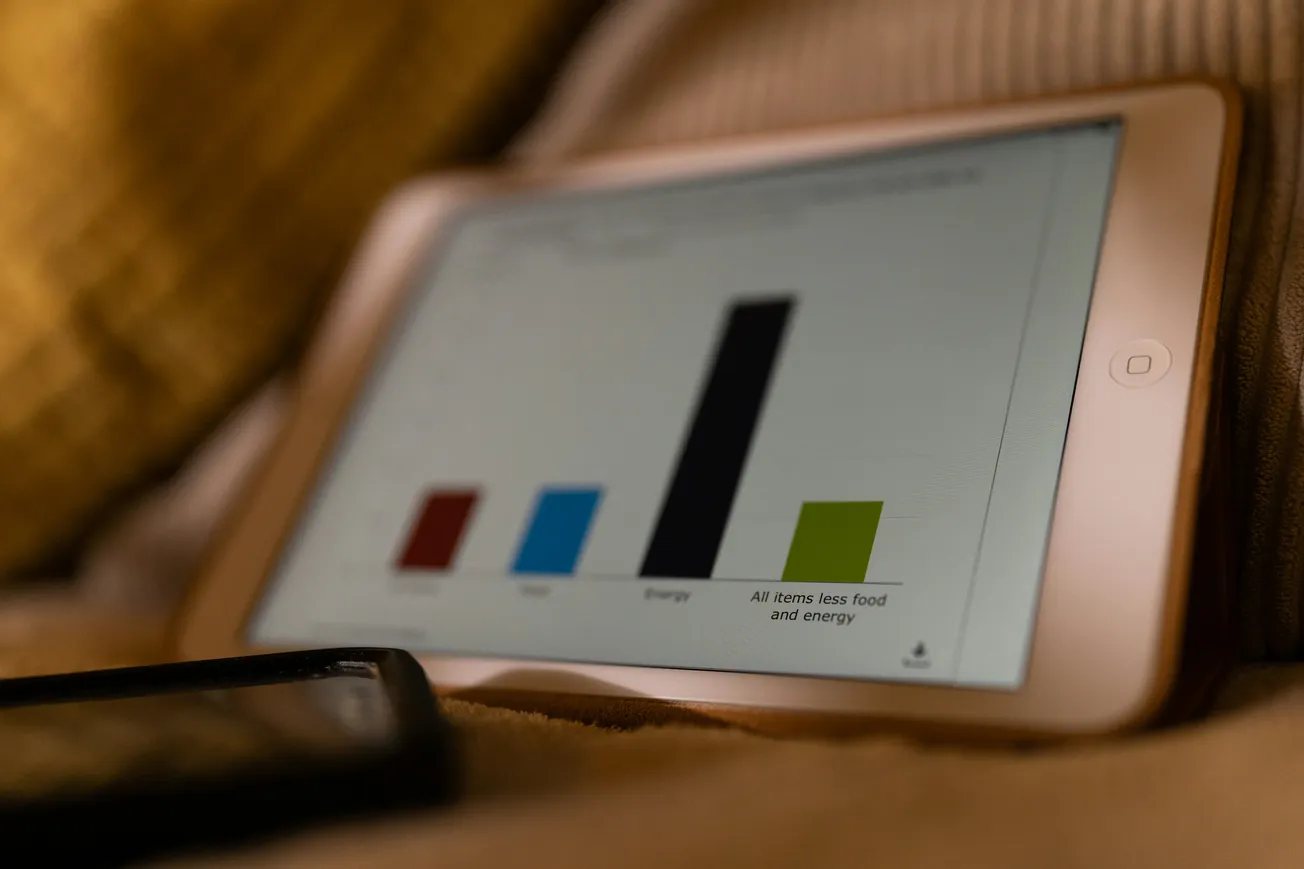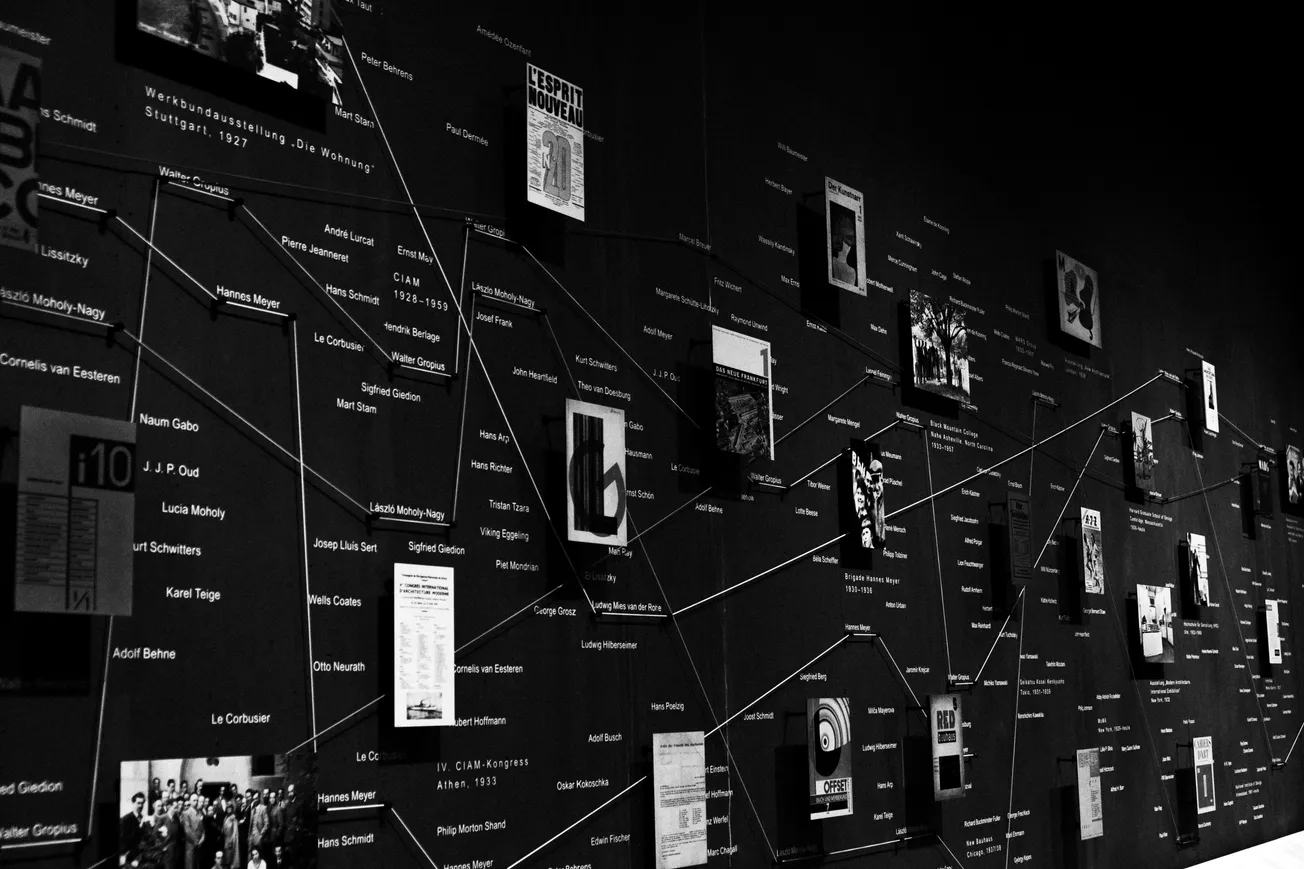In a landmark recognition of podcasting's growing journalistic influence, The New Yorker’s “In the Dark” podcast was awarded the 2025 Pulitzer Prize for Audio Reporting.
This marks the second consecutive year the prestigious award has gone to a podcast, highlighting the medium’s ascendancy as a serious platform for investigative journalism and long-form reporting.
The award-winning third season of “In the Dark,” reported by Madeleine Baran and produced by American Public Media and The New Yorker, investigated the 2005 Haditha massacre, in which U.S. Marines killed 24 Iraqi civilians.
The podcast combined in-depth research, first-hand interviews, and a gripping narrative structure to reexamine the case, raising questions about justice and military accountability nearly two decades after the incident.
The Pulitzer committee praised the season for its “masterful investigative reporting and compelling storytelling” that reignited public and institutional interest in the case.
A Pattern of Excellence in Audio Journalism
The 2025 win follows the 2024 Pulitzer Prize for Audio Reporting awarded to the podcast You Didn’t See Nothin, produced by the Invisible Institute and USG Audio.
Hosted by Yohance Lacour, the series revisited the racially charged 1997 beating of Lenard Clark in Chicago, using a blend of memoir and journalism to critique both systemic racism and media failure. The show was celebrated for its nuanced exploration of community trauma and for challenging the public narratives that surrounded the case.
With two consecutive Pulitzer wins, podcasts have solidified their place within the highest tiers of journalistic recognition. The awards reflect the increasing capacity of audio storytelling to deliver deep investigative work with emotional resonance and narrative clarity.
Podcasting Displacing Traditional Radio
The back-to-back Pulitzer honors also underscore a broader shift in the audio landscape, where podcasting is rapidly supplanting traditional radio as the dominant format for long-form reporting.
According to Edison Research, podcast listenership in the U.S. reached over 100 million monthly users by 2024, driven by the demand for on-demand, topic-specific content.
Unlike traditional radio, which often operates on rigid scheduling and broad formatting, podcasts provide listeners with flexible, subscription-based access to stories tailored to niche interests. This model allows for in-depth reporting that would be difficult to accommodate in typical radio programming slots.
As a result, many public radio stations have begun integrating podcast production into their operations, while legacy broadcasters adapt to audience preferences for time-shifted and personalized content.
The Future of Investigative Audio
Industry analysts suggest that the Pulitzer wins point to a long-term realignment in how audiences consume serious journalism.
“Podcasts have become an essential channel for investigative storytelling,” says Sarah Thompson, media analyst at Signal Hill Insights. “They allow for complexity, character development, and immersive reporting—attributes that align closely with what the Pulitzer Board is recognizing.”
The trend appears poised to continue. Media organizations are increasingly investing in podcast divisions, and educational institutions are incorporating audio journalism into their curricula.
As the boundaries between audio, documentary, and narrative nonfiction continue to blur, podcasting is not only competing with traditional media—it is redefining it.








